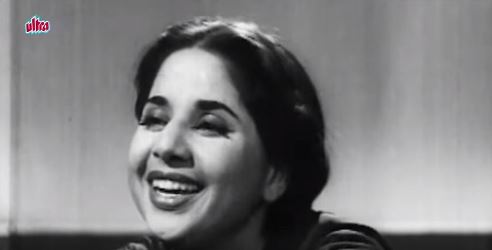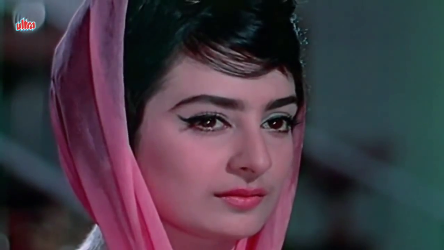No, I don’t mean all those many renditions of Mae ri or Naina barse that one comes across, sung by Madan Mohan himself. I mean instances where a composer actually recorded—and it was included in the film in question—a song in his/her own voice.
This idea popped into my head one day when I was watching Baradari and came across a song that Nashad (the composer of the film’s score) sang in his own voice. It made me wonder: were there other composers, too, who had sung songs for their own films (I cannot, offhand, think of any composers—not also major playback singers—who have sung for other composers. SD Burman singing for RD Burman’s music is perhaps one of the exceptions). Of course, some names immediately came to mind: SD Burman, naturally, since I love his voice so much. RD Burman, who was also a good singer. Nashad, since his song had been the one that had sparked off this idea in the first place.
And, quickly, one after the other, more songs, more singers/composers, followed. So here it is, my list of ten songs that were both composed by and sung by the same person. As always, these are all from pre-1970s films that I’ve seen.
Continue reading









